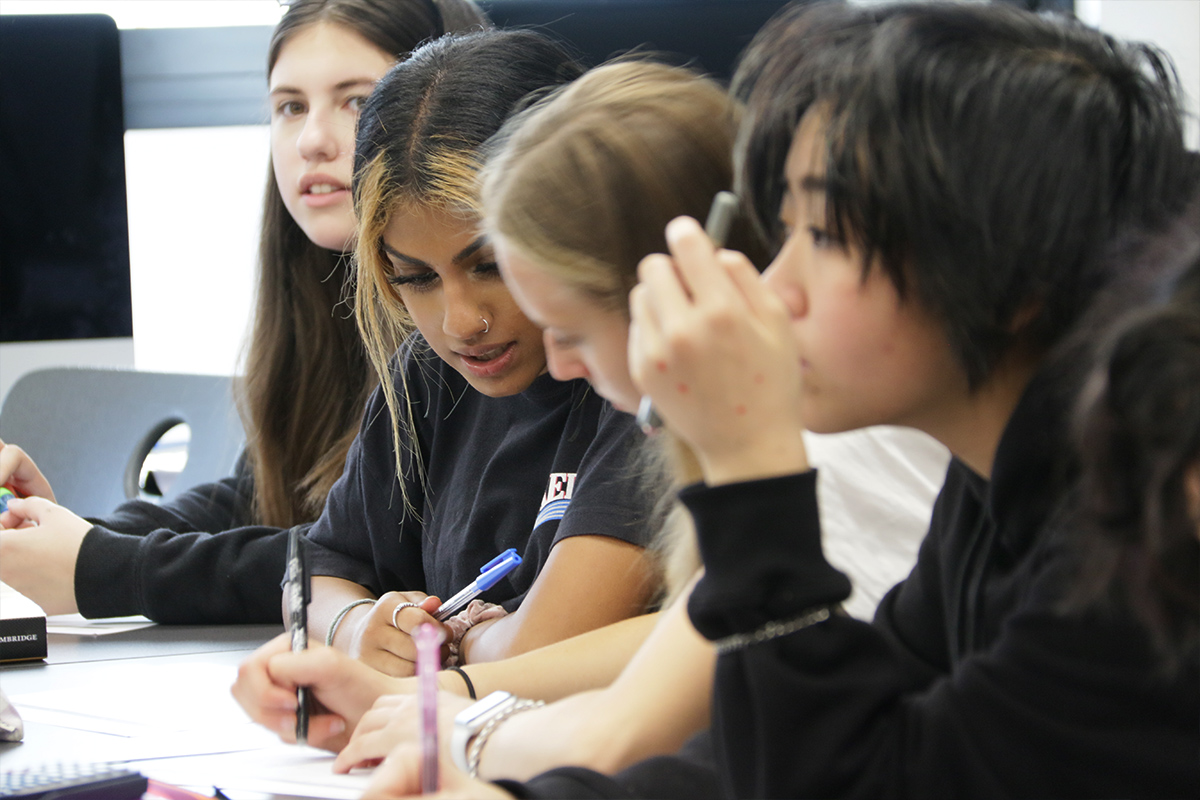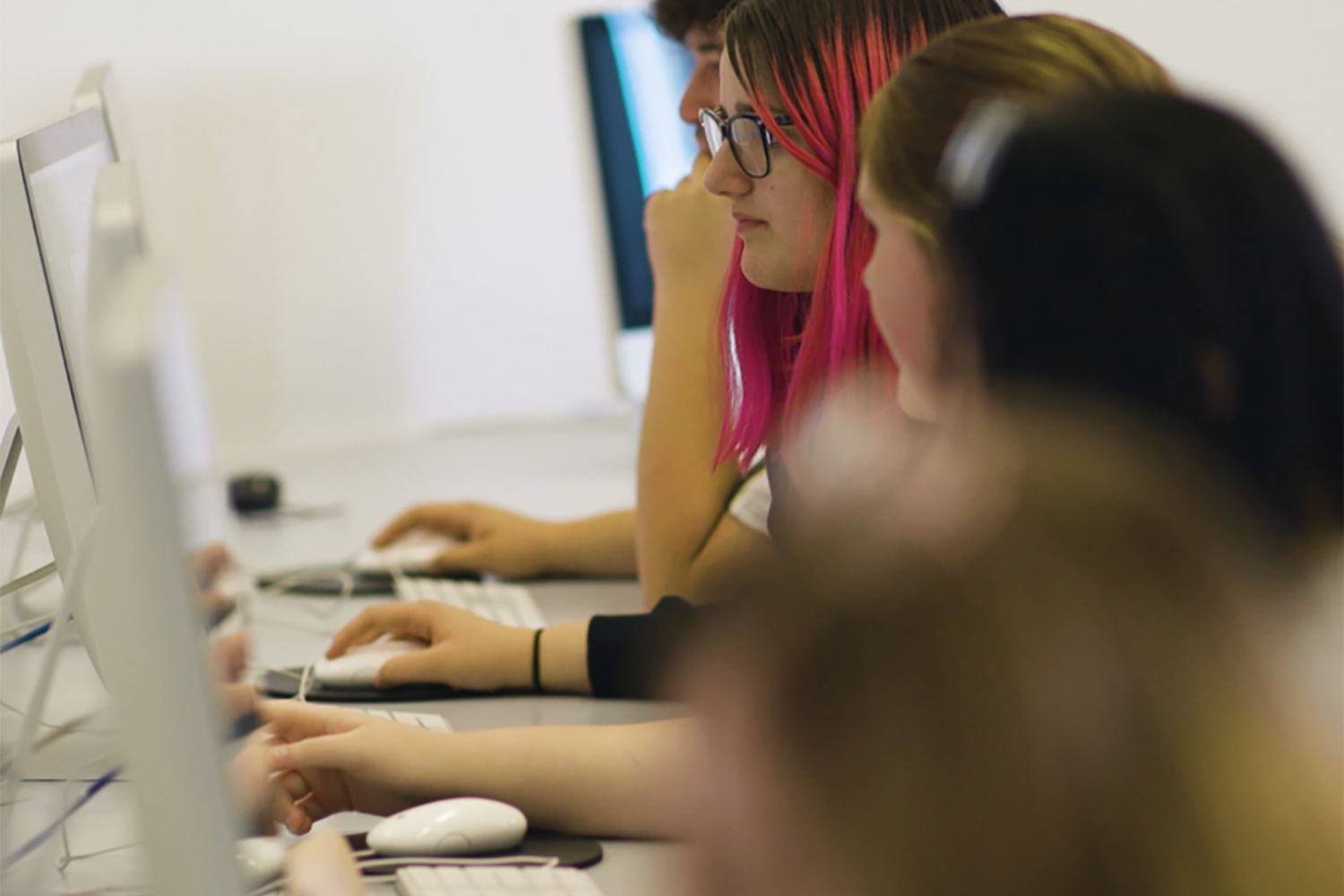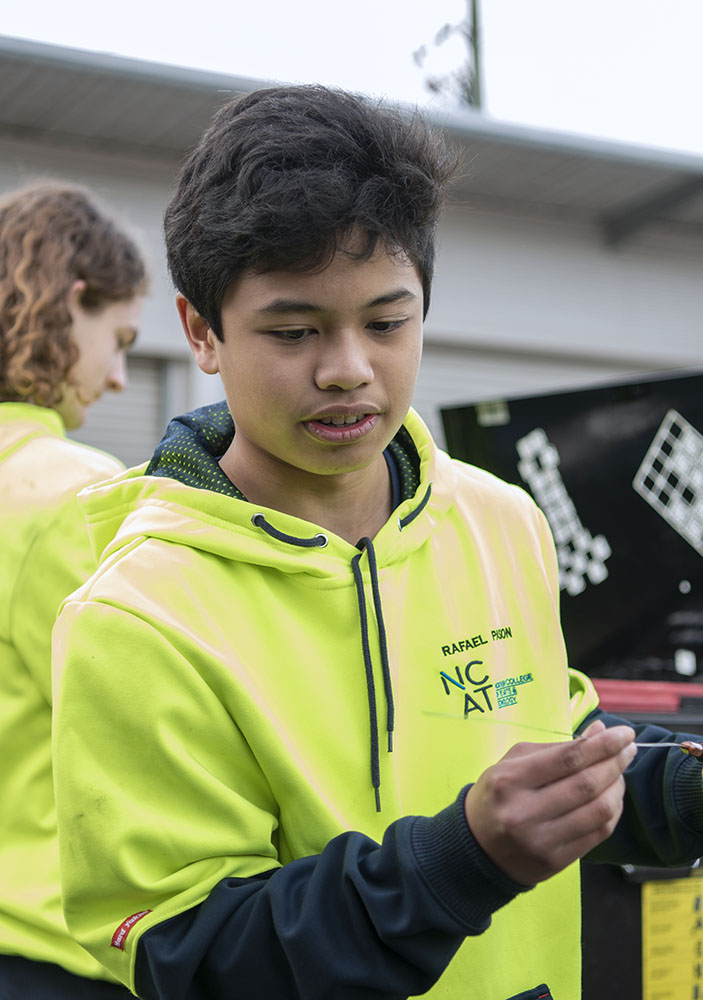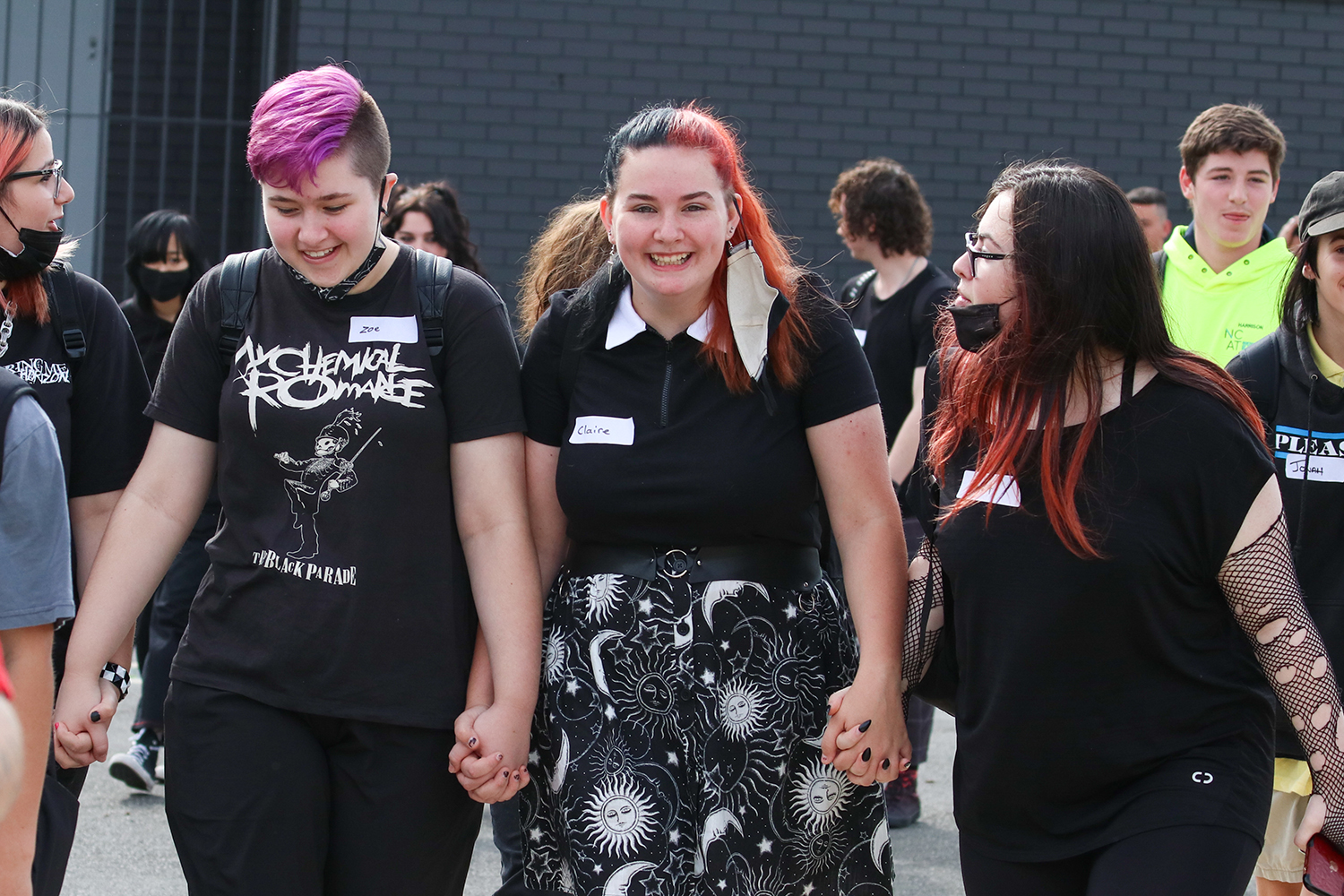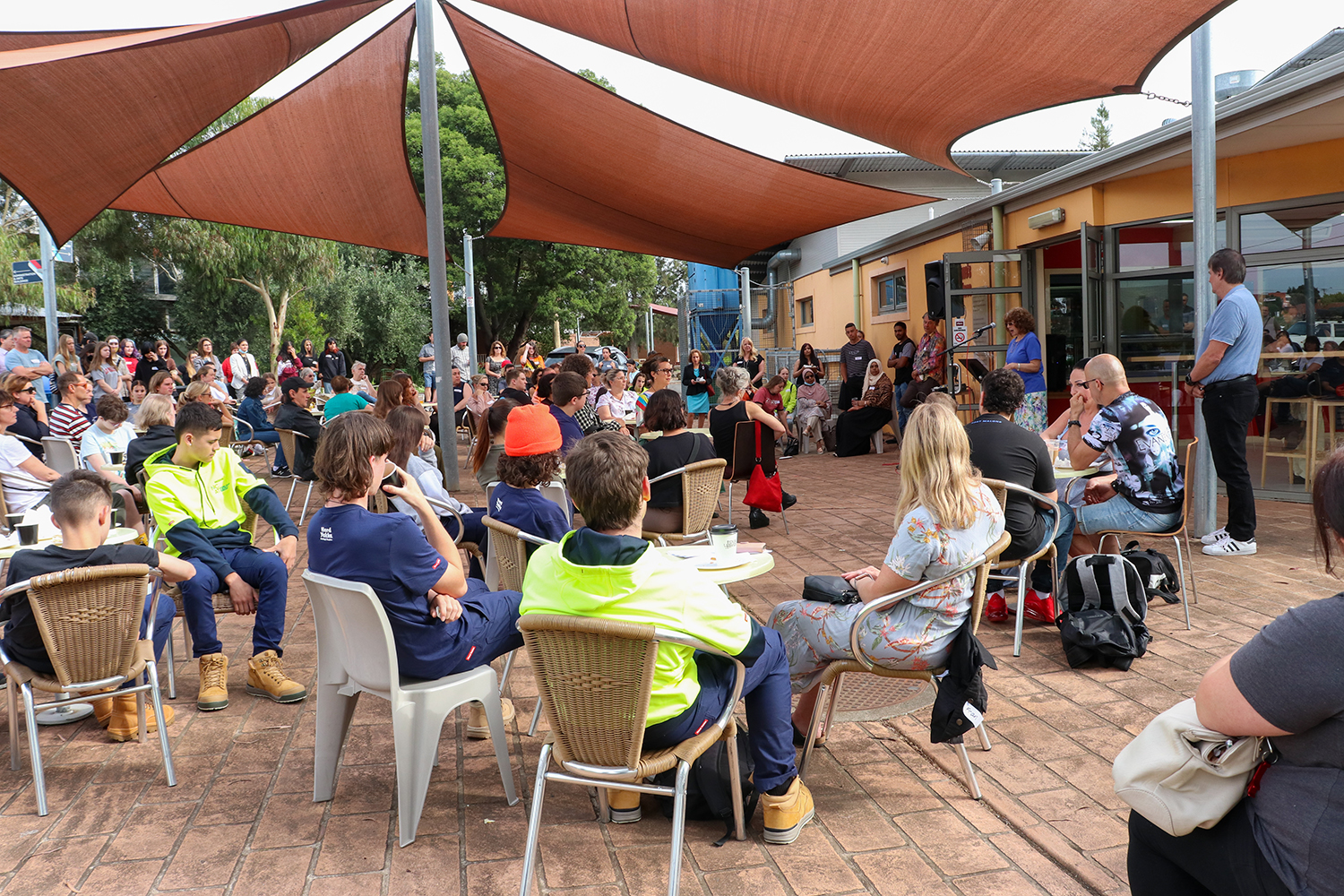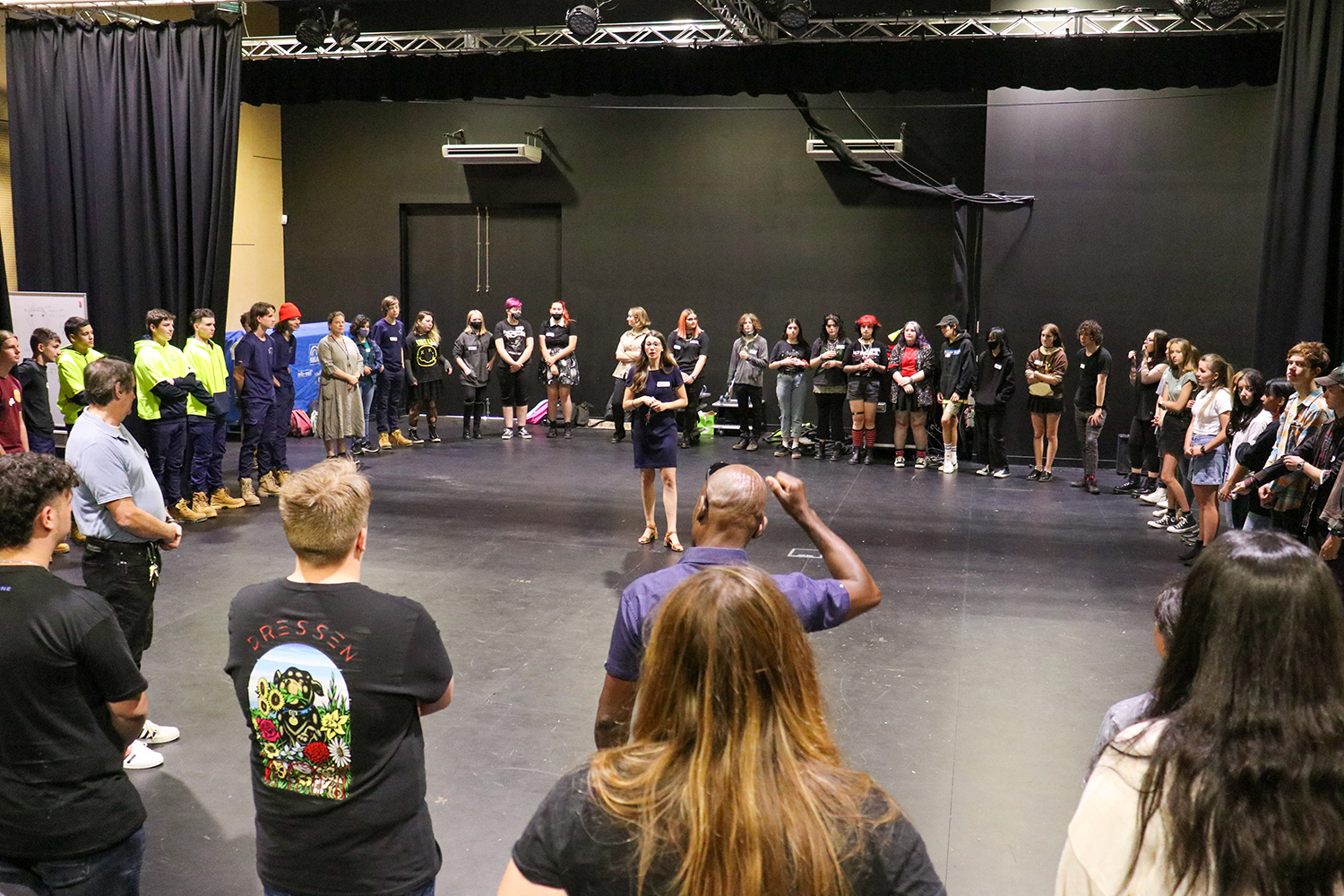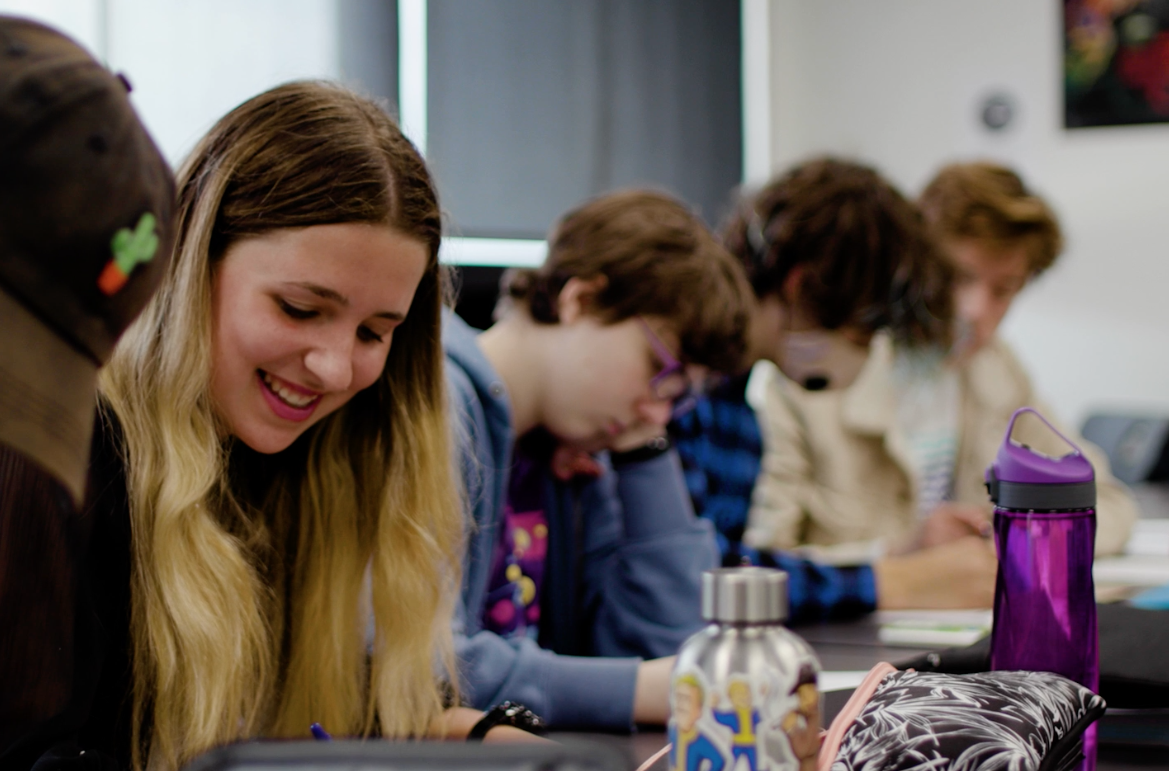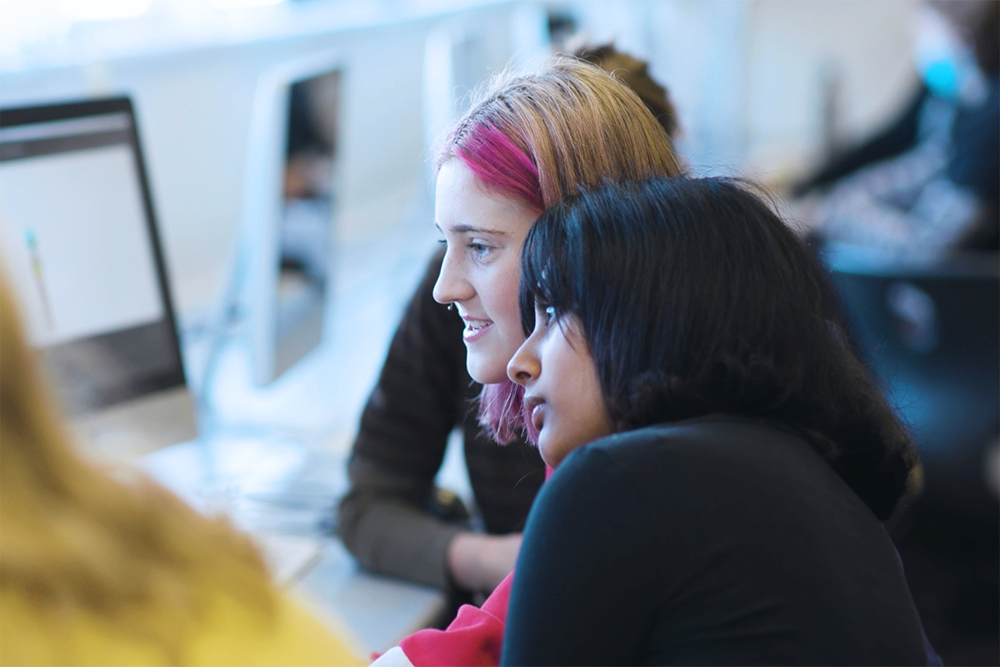Students develop an understanding of the process followed when designing components using Computer Aided Design. Students also develop an understanding of what is expected from...READ MORE
Students develop an understanding of the process followed when designing components using Computer Aided Design.
Students also develop an understanding of what is expected from them when they are contributing to a project, and working within a group.
After developing the necessary skills in CAD, students work within groups to create vehicles that are designed in CAD and produced from acrylic on the laser cutter.
After lessons regarding ratios, the students will then decide, based upon ratios they calculate, what is the best size the make wheels for their vehicles, so we can race the vehicles later in the year.
Theory is carried out as a group. Practical work is carried out in small groups, two to three students as a team. The goal at the completion of the course is to enable the students to have a solid understanding of design and computer skills relevant to a pathway in further Technology studies.
ASSESSMENT
Students are assessed on a number of written assignments, and practical tasks completed in the workshops and classroom.
SUBJECT PREREQUISITES
There are no prerequisites for this subject.
VCAA Study Design
READ LESS
